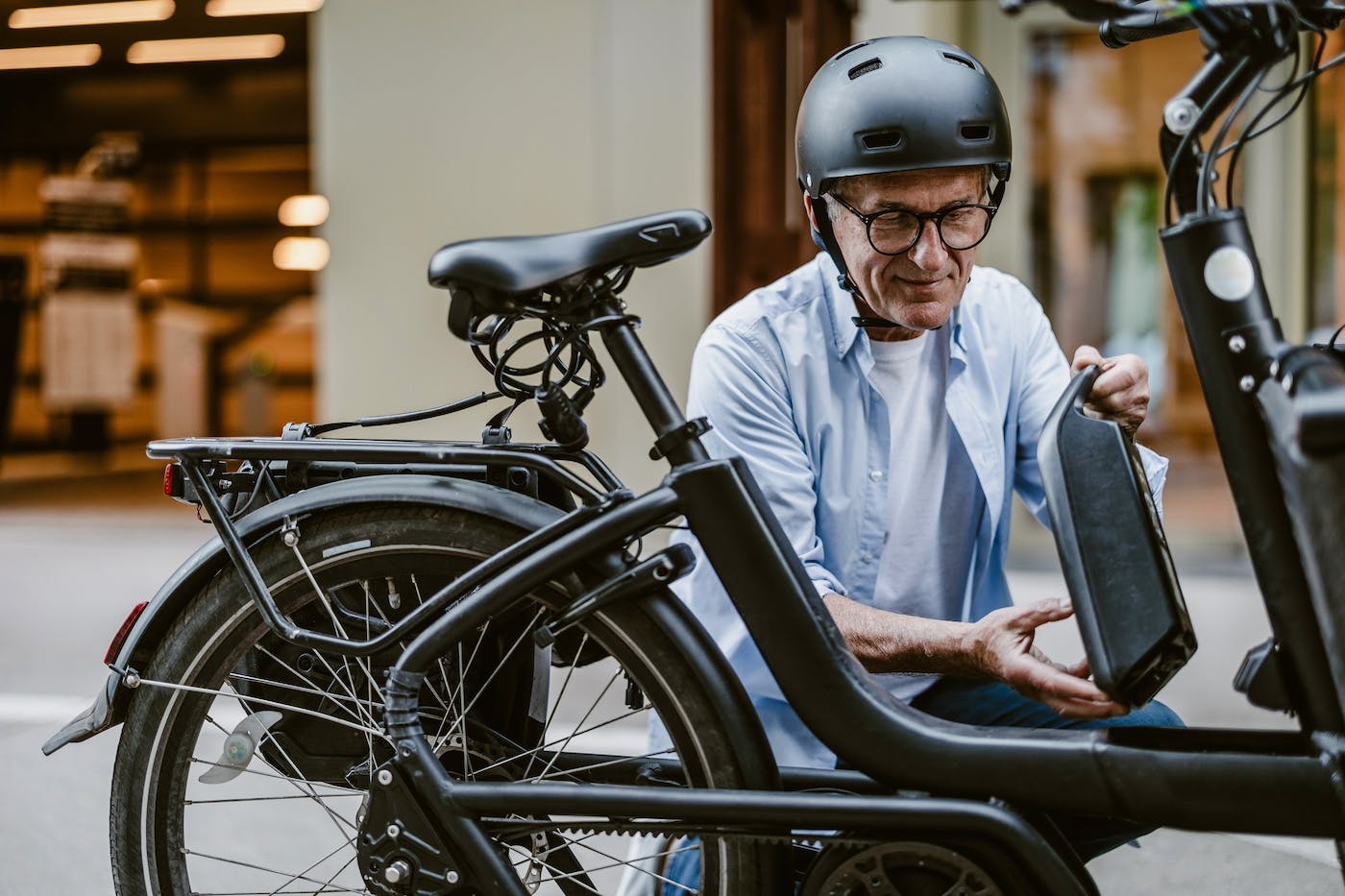Shaping Future Safety Standards for Electric Bicycles
By: Dr. Ash Lovell, electric bicycle policy and campaign director

PeopleForBikes created an industrywide comment in response to the U.S. Consumer Product Safety Commission’s advanced notice of proposed rulemaking on e-bike safety standards.
Research and experience proves that the perception and feeling of safety (or a lack of safety) is one of the biggest reasons people choose to ride a bike or not. Simply put, safer conditions lead to more bicycling. As we push for more protected bicycle infrastructure networks, develop safety curriculums for electric bicycle (e-bike) riders, and partner with the bicycle industry to promote safe and tested products, safety is at the core of PeopleForBikes’ work.
A critical part of that work is around regulations on consumer product safety. The U.S. Consumer Product Safety Commission (CPSC) recognizes the growth of electric bicycle ridership in communities across the nation and is considering how to ensure the bicycle products reaching consumers are coming from brands committed to meeting the highest safety standards and regulations. The CPSC intends to set mandatory safety and testing standards for electric bicycles, governing these products and the bike industry for the foreseeable future.
As the trade association for the U.S. bicycle industry and a leader on technical resources for consumer product safety regulations for bicycles, PeopleForBikes responded to the CPSC’s recent advanced notice of proposed rulemaking (ANPR) to address the risk of injury associated with e-bikes. The comment period, which closed on May 14, called for information concerning the potential mechanical hazards of e-bikes, possible regulatory alternatives, the economic impacts of various approaches, and existing voluntary standards and their adequacy.
Over a nine-week period, PeopleForBikes collaborated with members of its Technical Standards Working Group; E-Bike Subcommittee; Legal, Legislative, and Safety Subcommittee; and other industry experts to gather member feedback and craft multiple drafts of the industrywide comment. Members of the TSWG met four times during this period and industry members had 3 opportunities to provide feedback on drafts of the comment. Matt Moore, PeopleForBikes’ policy counsel, and Dr. Ash Lovell, PeopleForBikes’ electric bicycle policy and campaign director, had dozens of one-on-one meetings with member companies and advocacy partner groups to form consensus-based recommendations.
While the ANPR touches on many issues (there are 52 specific questions), PeopleForBikes’ comment focused on five main issues, including:
- The federal adoption of the three-class system defining electric bicycles (now law in 43 states)
- The issue of mobility products marketed as electric bicycles which fall outside the federal definition of e-bikes either through speed capabilities, motor power, or a lack of operable pedals
- The harmonization of American safety standards with existing international standards such as ISO 4210
- The lack of research into how power output should be measured
- The additional data and analysis needed to fully understand the mechanical hazards related to low-speed e-bikes and children’s e-bikes
PeopleForBikes supports the CPSC’s effort to address emerging potential hazards associated with low-speed e-bikes and other mobility devices. Electric bicycles offer many benefits to individuals and communities: they make it easier to choose active transportation and leave the car at home, offer more affordable mobility solutions, and get more people riding who otherwise might not ride without an electric assist. With safer products and safer infrastructure, these benefits can be more fully realized and move America towards a more active, healthy, and green future. PeopleForBikes looks forward to continued engagement with the CPSC as we work together to improve the safety of low-speed electric bicycles.
Related Topics:
